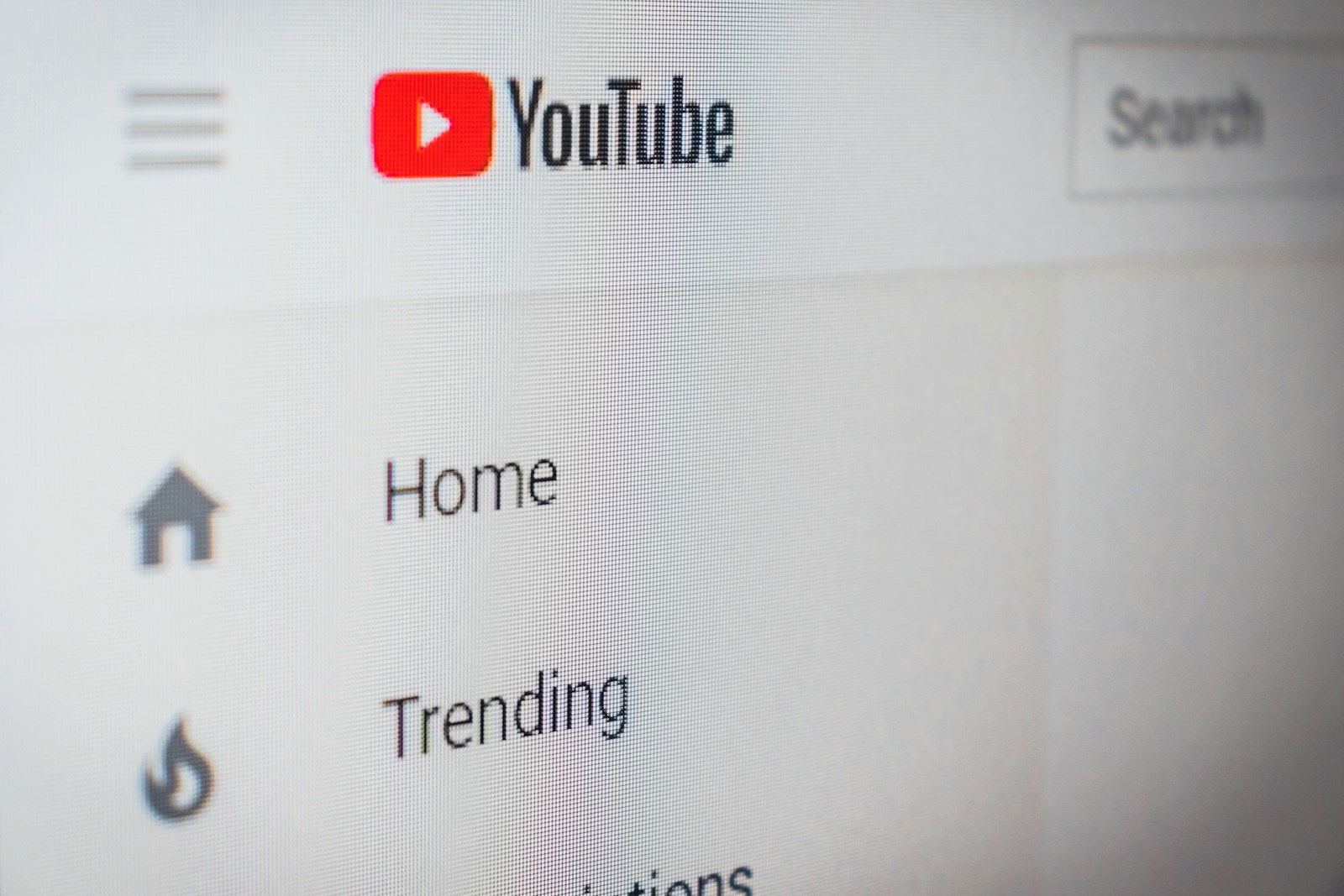
By Gavin Boyle
In a disappointing change to its monetization policy, YouTube now allows creators to include strong profanities like the “f” word at the start of their videos with no impact on their earnings.
“Today we’re updating our advertiser friendly guidelines for content with strong profanity in the first seven seconds. These uploads will not be eligible to earn full ad revenue…” said Conor Kavanagh, the head of Monetization Policy Experience at YouTube. “Previously, uploads with strong profanity in the first seven seconds would not be eligible for monetization and would have gotten the yellow dollar icon.”
This yellow dollar icon would have indicated limited ad revenue on the video because it violates some of YouTube’s advertiser-friendly rules. The company, however, has now changed this policy, explaining that advertisers now have more control over the videos their ads appear on, so those looking to distance themselves from videos with swearing will still be able to do so.
Related: Your YouTube Feed Is About to Change
While this is a disappointing change, YouTube has reiterated that heavy swearing throughout a video is still not advertiser friendly and will result in limited monetization on videos in which it occurs.
“It’s important to note monetization will remain limited if you use moderate or strong profanity in titles or thumbnails,” Kavanagh said. “Additionally, you have to pick and choose your [swears] carefully…High frequency usage remains a violation of the advertiser friendly content guidelines. Lastly, this is not a free license to use swear words in any context, and our community guidelines still apply to all content.”
This change in monetization policy comes as YouTube is rolling out a new system to estimate a user’s age based on their viewing tendencies. If the system identifies a user as being under the age of 18, it will disable certain features like personalized ads and enable digital wellbeing tools.
“Over the next few weeks, we’ll begin to roll out machine learning to a small set of users in the US to estimate their age, so that teens are treated as teens and adults as adults,” YouTube explained. “We’ll closely monitor this before we roll it out more widely. This technology will allow us to infer a user’s age and then use that signal, regardless of the birthday in the account, to deliver our age-appropriate product experiences and protections.”
Perhaps the company believes by inferring a user’s age it can limit the explicit content that reaches them. However, this is no reason to loosen its profanity guidelines and allow explicit content to proliferate on the site. This is a disappointing change that YouTube should reverse course on. Until then, parents should know swearing is now more acceptable on the platform.
Read Next: Why YouTube Wants in on the TV Business
Questions or comments? Please write to us here.


 - Content:
- Content: 
 – Content:
– Content: 
